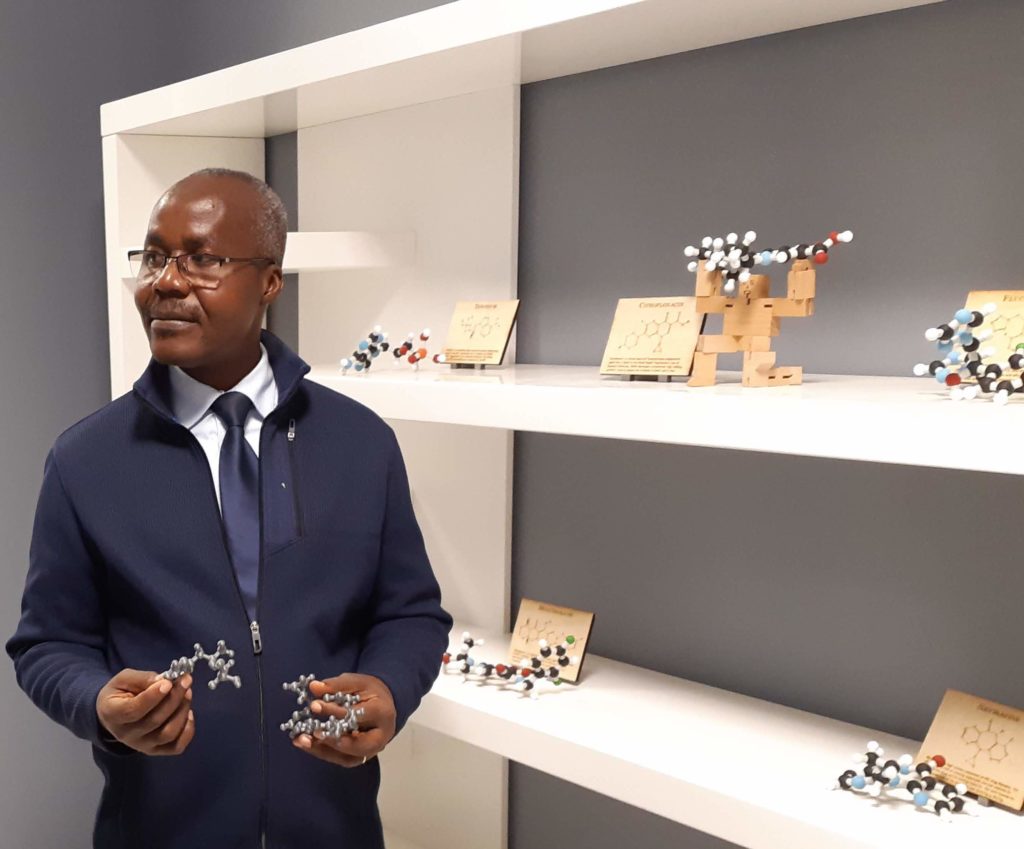Creating an attractive environment in African academic institutions and allowing African researchers to conduct research at the international standard, remains a challenge. This challenge is even more important when it comes to experimental research and more specifically experimental physics, as it is the case with applied science and technology of light.
The implementation of the African Spectral Imaging Network aims to meet this challenge, by supporting talented African researchers in their efforts to set up research laboratories and conduct quality research, while staying in their country.
This is what we have done with the help of Swedish cooperation, thanks to the ISP program of Uppsala university, and the technical and scientific support of the University of Lund, to whom we would like to express our heartfelt thanks.
Today, eight countries are part of this program.
These countries are: Burkina Faso, Cote d’Ivoire, Cameroon, Mali, Senegal, Togo, Kenya, Ghana.
Seven training workshops have been organized since its creation in 2009 in Cape Coast in Ghana. Two doctoral training programs are also part of the activities report, after ten years of existence. Several experimental devices have been set up in collaboration with partner laboratories and are used by students for their Masters and theses. On average, five Masters and three PhD theses are defended per year using the experimental devices acquired and built through network activities.
This is an opportunity to thank the pioneers, partners and all members of the network who contributed to achieving these results.
We have come a long way. However, much remains to be done:
- Diversify partnerships;
- Extend activities to new African countries;
- Strengthen the capacities of existing groups;
- Etc.
Our duty is to leave to the juniors, a robust and lasting instrument for science and development in Africa. We invite all potential donors to help us build research capacities in African.
Africa wants and must play its role in the global development and in particular in terms of sustainable development innovation by addressing development issues in terms of health, environment and fight against hunger.
We want it and we can.
